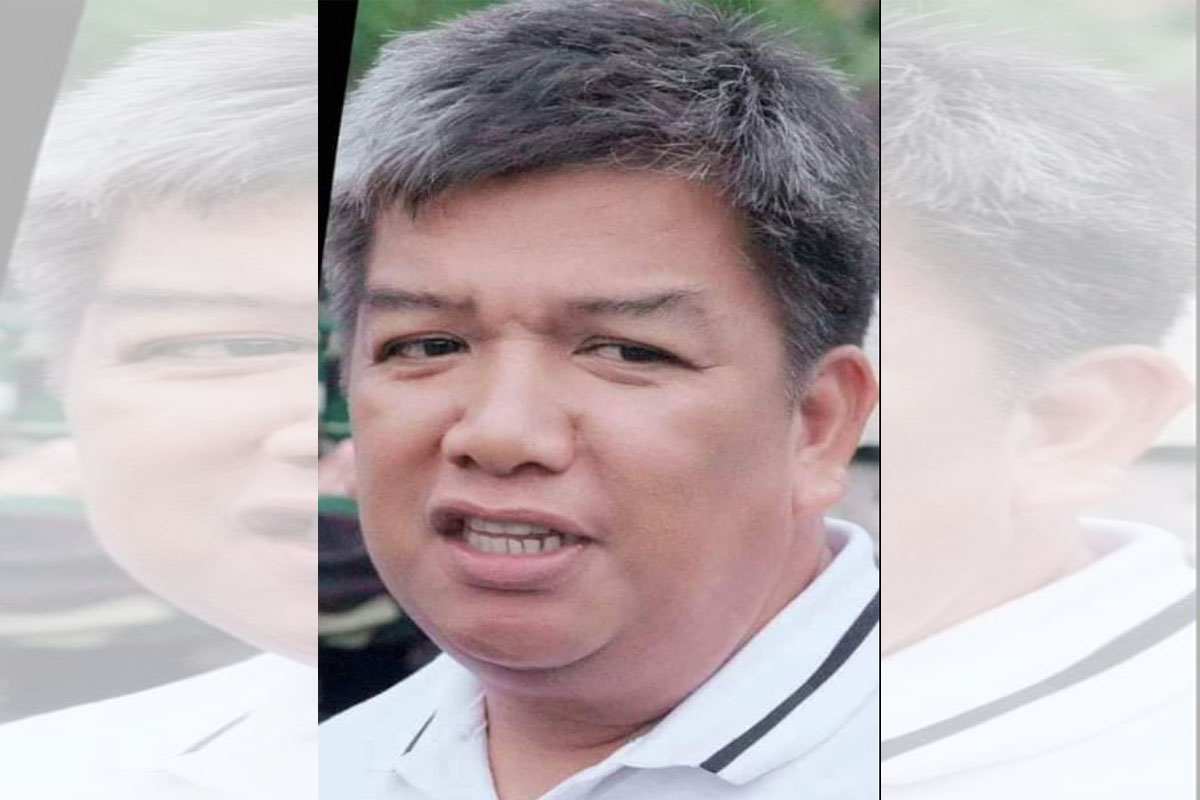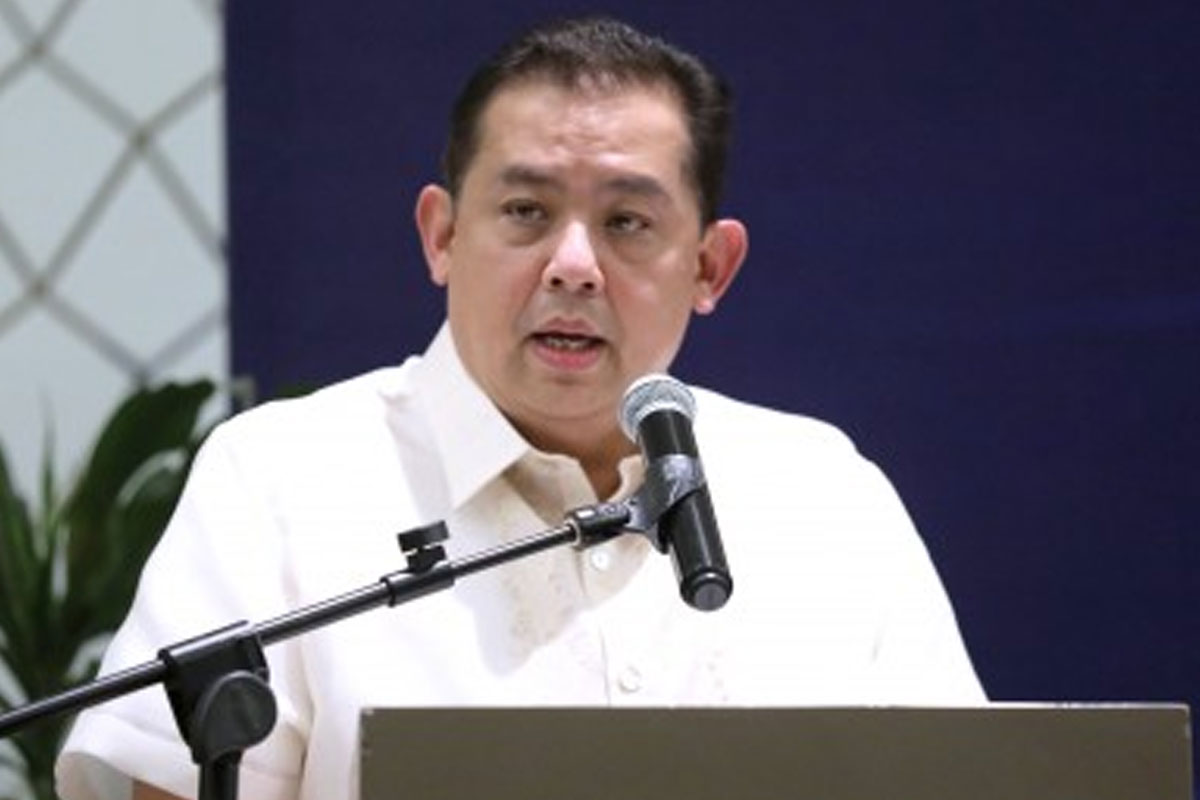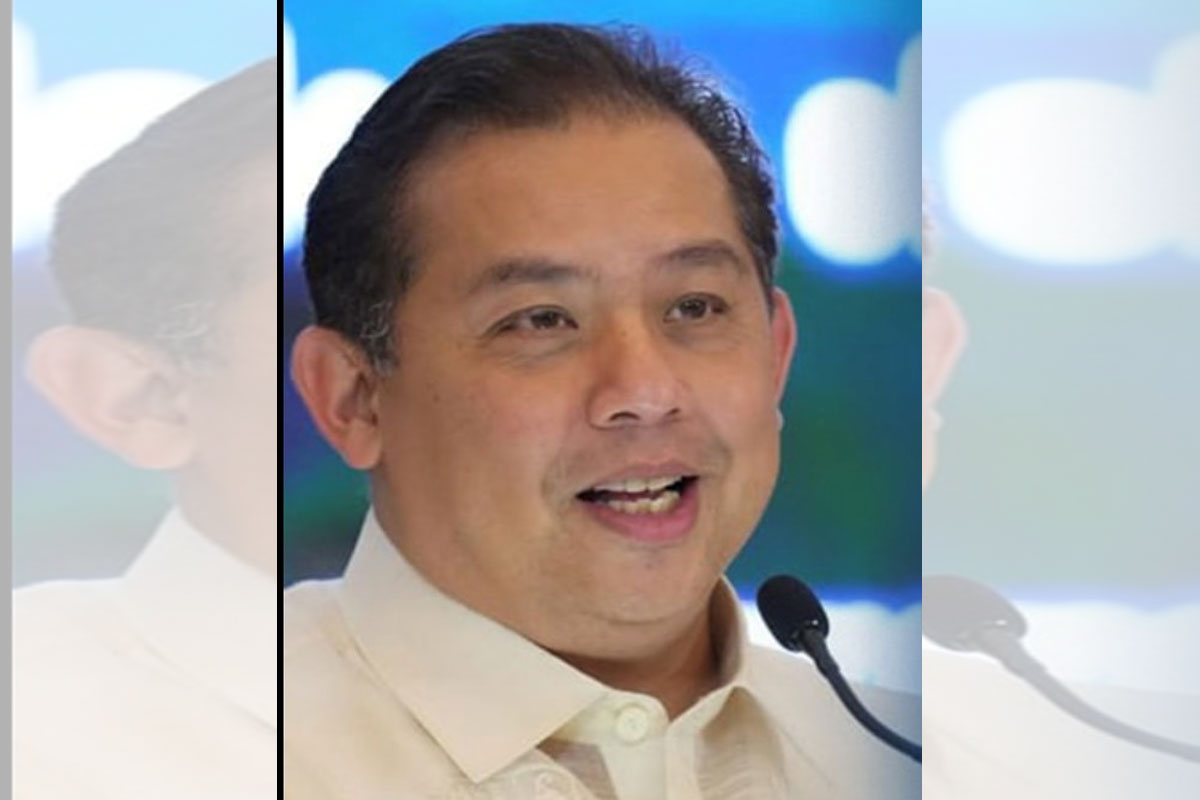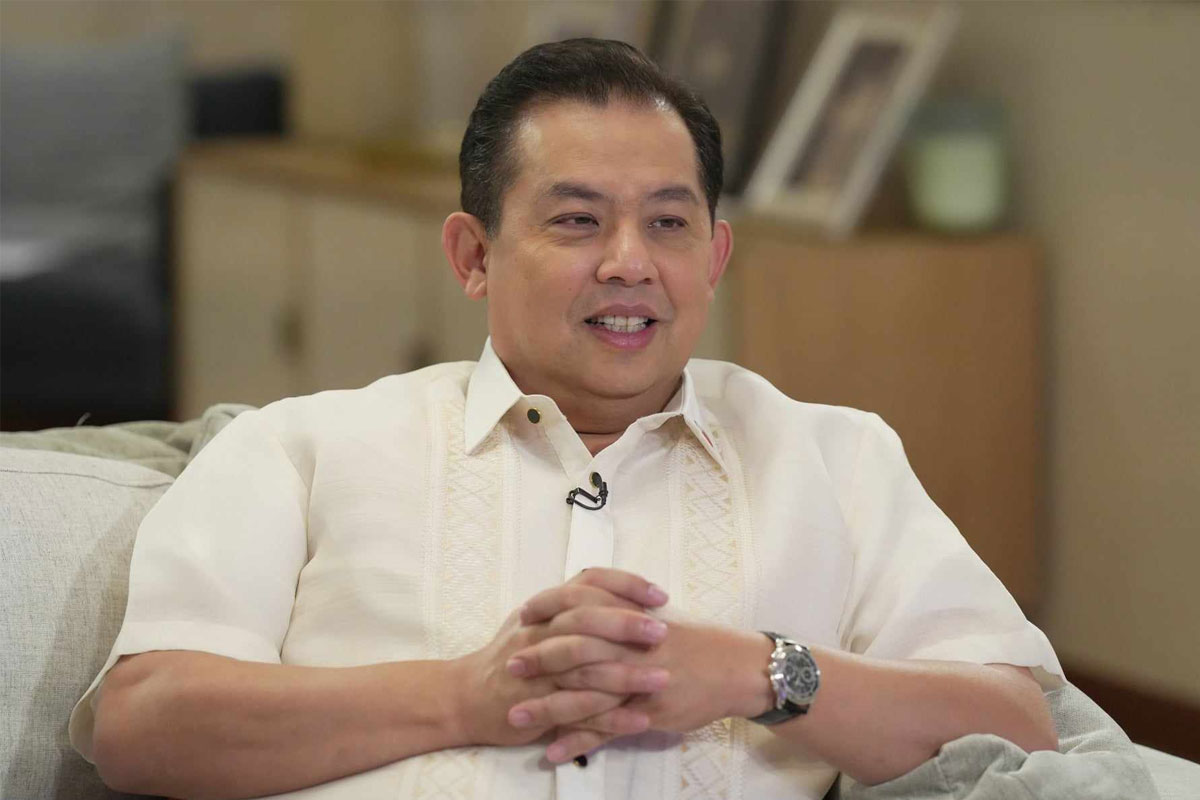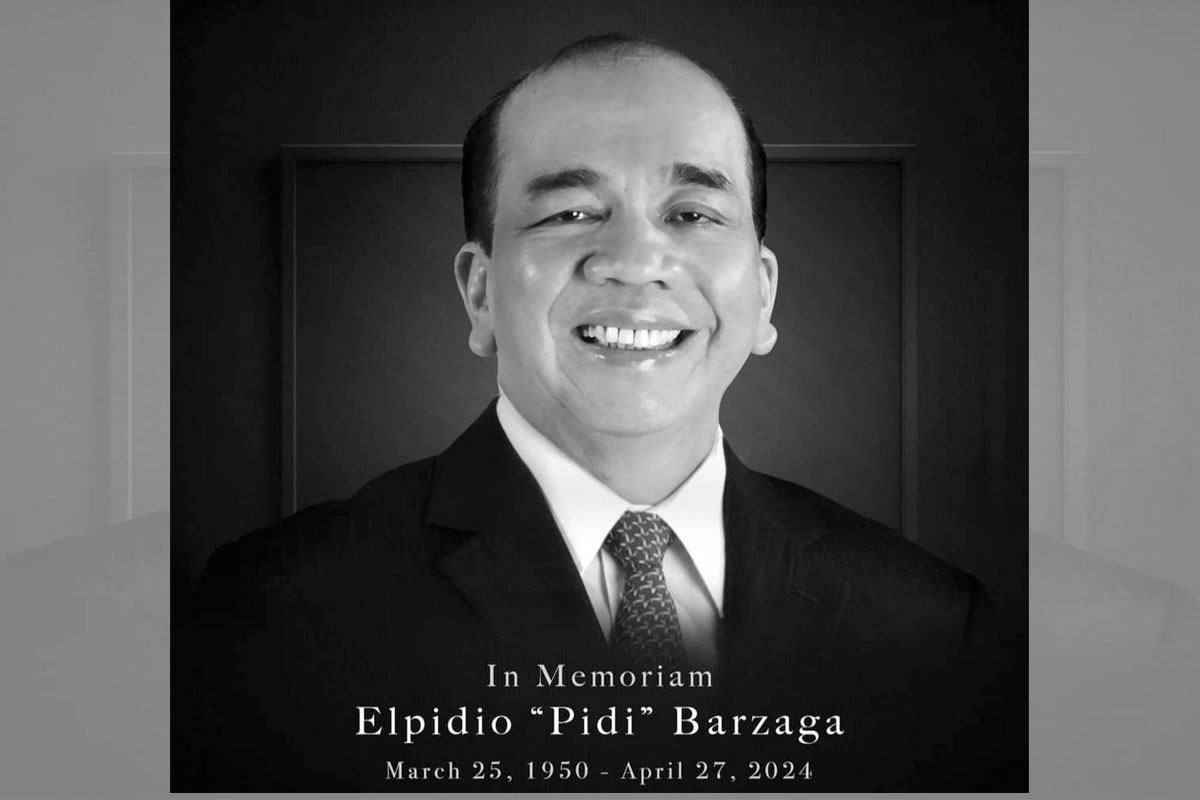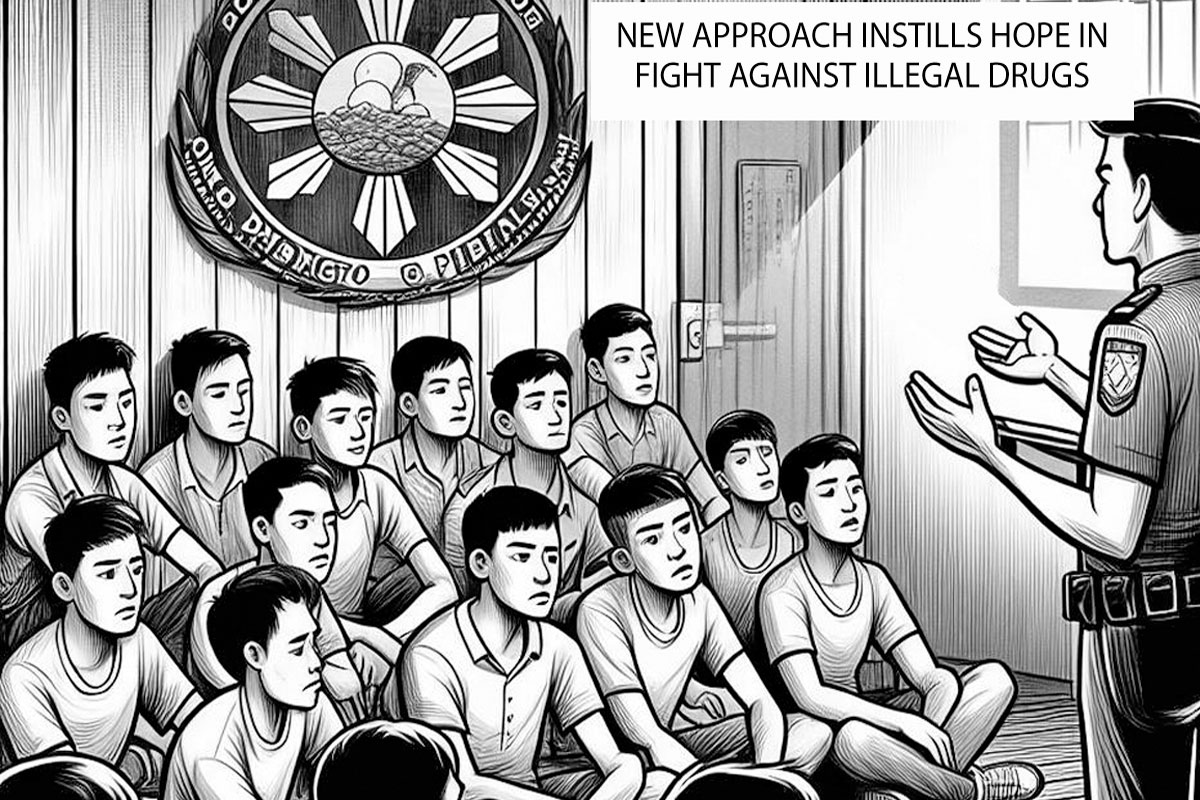
Critical press better than cooperative media
MOST leaders would have to be criticized. But not the president of the Philippines.
President Ferdinand R. Marcos Jr. recently encouraged media practitioners to perform their job without restriction as he underscored the relevance of a critical press in the country.
“Unlike many of my predecessors, I do not seek collaboration, for that implies a surrender of your Independence. I am of the opinion that national interest is better served by a press that is critical rather than a press that is cooperative,” Marcos said in his speech during the 50th Anniversary celebration of the Foreign Correspondents Association of the Philippines (FOCAP).
The President stressed that nothing should hamper members of the media from imparting the truth to the public. “It (the press) must have the untrammeled freedom to do its work, not just to arm the citizenry with the truth, but also to deepen discernment in this age of mass disinformation. In fact, this has been the hallmark of FOCAP’s relationship with the presidency and the government for this half century,” he added.
It’s the first time in nine years that a Philippine president has attended the forum. The Chief Executive’s father, former president Ferdinand Marcos Sr., started the tradition and was the first Philippine leader to grace it 50 years ago.
“Five decades later, I stand here, addressing you as the President, to celebrate your golden anniversary and carry on the legacy of this important media tradition,” the chief executive told members of the FOCAP.
President Marcos also used the occasion to renew his vow to continue defending press freedom in the Philippines and to continue protecting and ensuring the welfare of media practitioners in the country. “As President, I will seek this forum, not only to explain our policies, but to renew my vow to what I deeply believe in: That the President’s role is to defend press freedom, and not lead in destroying it or demeaning its practitioners,” he said.
President Marcos said his duty is not to ask special favor, but only fairness which everyone deserves from the fourth state. The President also lauded FOCAP for living it up to the public trust without compromising their principles in a manner that is “fair but nuanced, balanced but critical.
**
Sooner or later, power supply would no long be a problem during calamities in the country.
It was learned the government will pilot run the Mobile Energy System (MES) in the typhoon-prone municipalities in Cagayan Province to improve the country’s resiliency against disasters.
Authorities hope that current energy challenges could be overcome through technology and innovation.
“We will hold the pilot run of the MES in the typhoon prone municipalities of Sta. Ana and Lal-lo in Cagayan Province. MES units will also be distributed to various government agencies, showing our commitment to improve government services in times of crisis,” President Marcos said in his message delivered by Executive Secretary Lucas Bersamin during the ceremonial launching of the Energy Sector Emergency Operations Center (ESEOC) and the symbolic turnover of a miniature MES at the Energy Center in Bonifacio Global City, Taguig City.
“These remarkable undertakings of innovation demonstrate how we capitalize on technological advancements and how we can provide proactive solutions to the energy challenges that beset our country.”
There is no doubt that these innovations will help in terms of guaranteeing power supply when it is needed most, especially during calamities, noting relief, response and reconstruction are not possible without available power, the President said.
Without electricity, hospitals cannot treat the injured, food are spoiled, and communication is cut off, Marcos said, adding the availability of power assures people that everything will be fine.
The chief executive expressed gratitude to the United States Agency for International Development (USAID) for sharing its resources and expertise for those projects, as well as to the Department of Energy (DOE) for bringing those projects to fruition to improve the resilience of the Philippine energy systems.
The ESEOC, a centralized energy command hub equipped with the latest technological innovation from Europe and US, will enable the DOE to spearhead coordinated disaster response process and system, offering clear guidance on prevention or mitigation of disruptions in the delivery of essential electricity services to affected areas.
On the other hand, the MES is designed to improve energy access in remote communities and strengthen resilience during natural disasters and cyber threats to power utilities.
It is tailored fit to users’ needs to create a wide base for use across various sectors, including health facilities, education, telecommunications, financial institutions, and commercial and industrial enterprises, as well as off-grid particularly unserved remote communities.
The two new initiatives are designed to address the need for resilient energy infrastructure and response capabilities in times of crisis and are part of the USAID US$34 million Energy Secure Philippines activity with the Philippine government.
The USAID turned over eight solar-powered MES units to the DOE, which will be distributed to various government agencies and local government units (LGUs).
Each unit has 50kWh battery storage and when fully charge, it can power two television sets, two air-conditioning units, 10 light bulbs, two desktop computers, two laptops, five phone chargers, five electric fans, and one internet modem for almost 12 hours.
An average of 20 tropical cyclones enters the Philippine Area of Responsibility (PAR) each year, with five of them being the most destructive, according to the Philippine Atmospheric, Geophysical, and Astronomical Services Administration (PAGASA).
**
For comments, please call or text 09569012811 or email [email protected]



